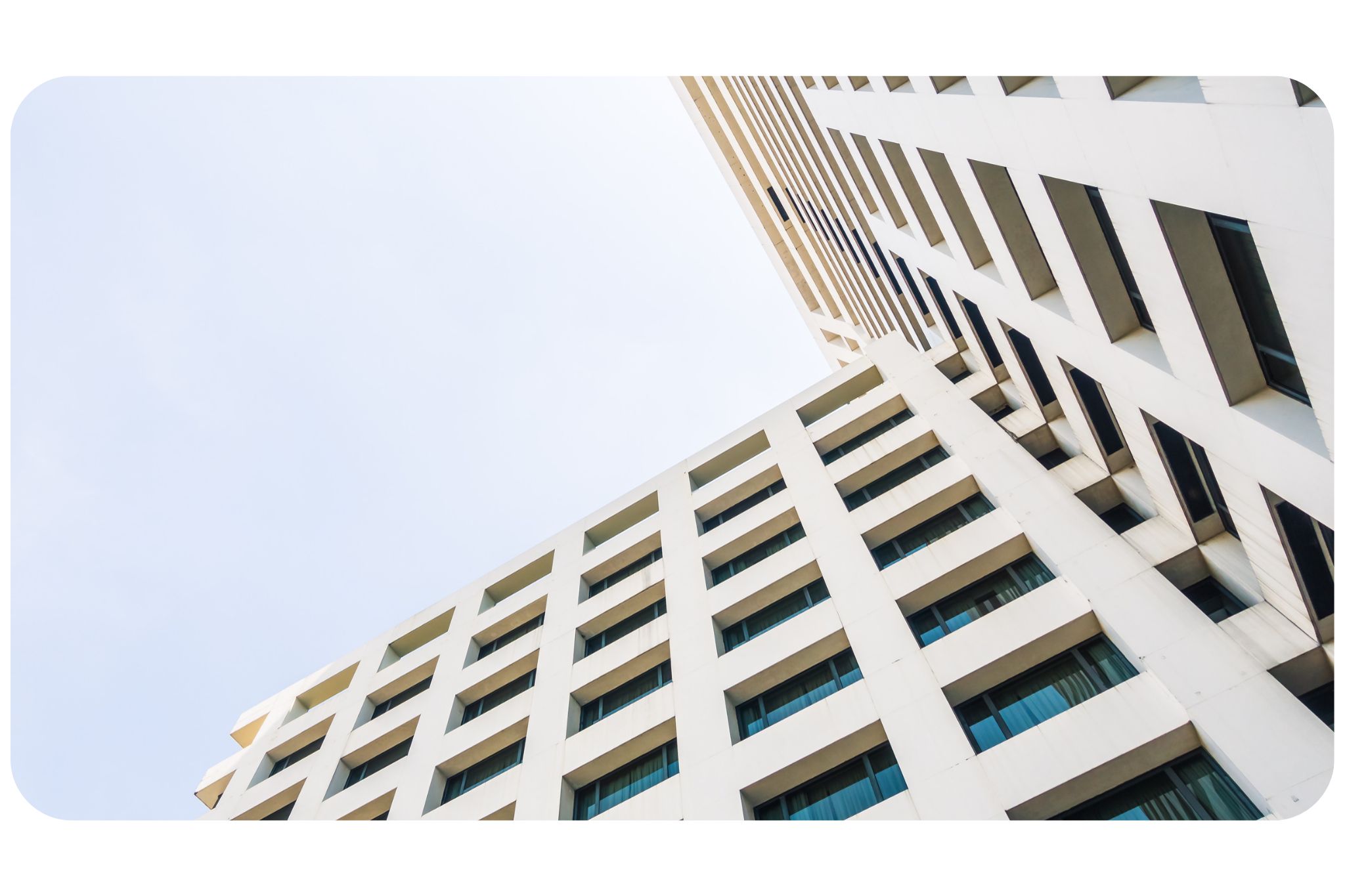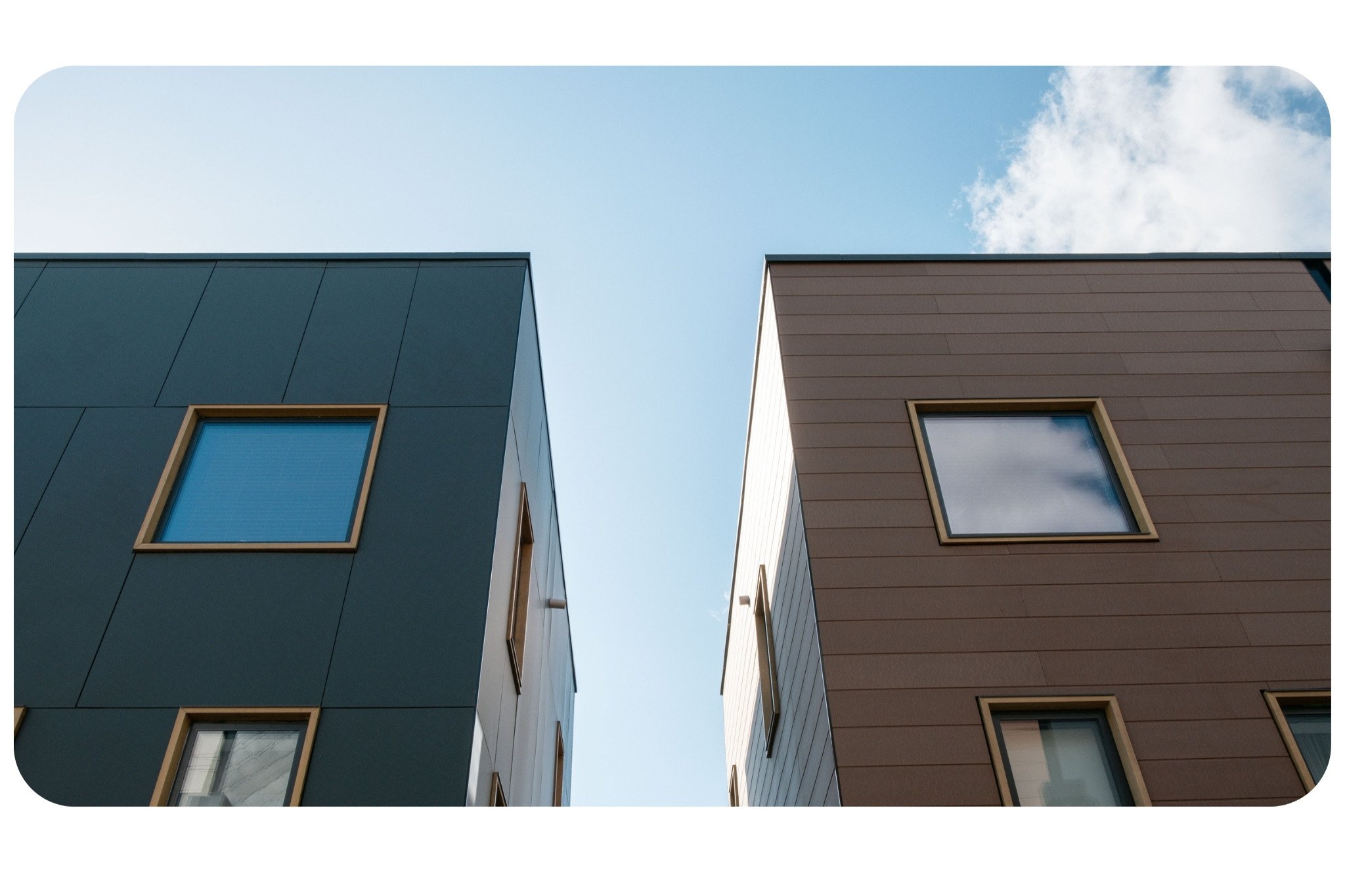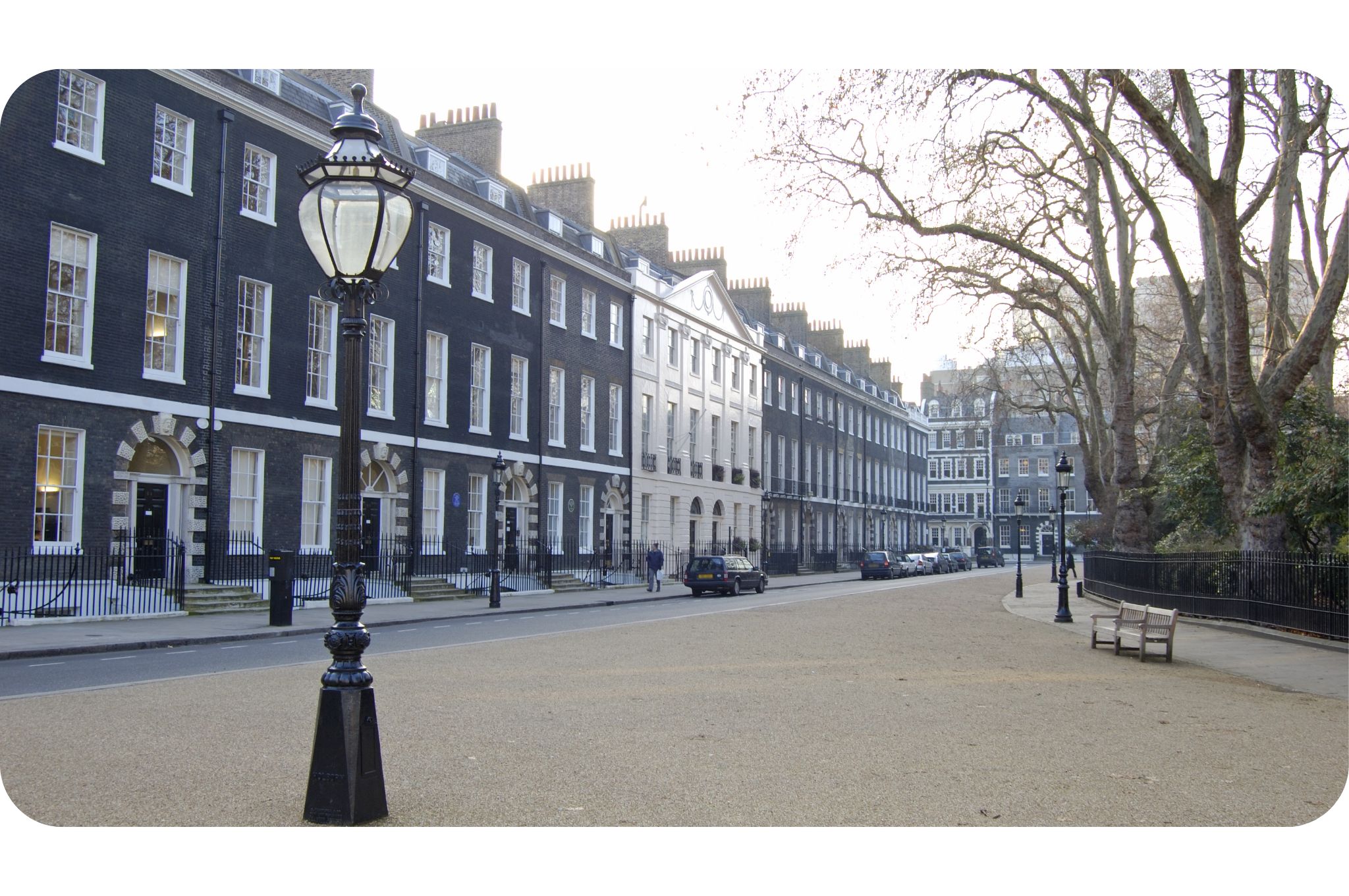Property Development in Kenya: Investing in a Growing Market
Introduction
Kenya, a dynamic nation in East Africa, presents a plethora of opportunities for property development and investment. Backed by a stable economy, a rising urban population, and government initiatives, the real estate sector in Kenya has experienced remarkable growth. This article delves into the factual aspects of property development in Kenya, providing real-world examples and utilizing percentages to illustrate its achievements.
Understanding the Kenyan Real Estate Market
· Urbanization Surge: With urbanization rates soaring at an average of 4.35% per year, Kenya's urban population has grown significantly, driving demand for housing, commercial spaces, and infrastructure development.
· Economic Stability: Kenya boasts a robust economy with an average annual GDP growth rate of 5.6% over the past decade, attracting local and international investors to the real estate sector.
· Government Initiatives: The Kenyan government has implemented investor-friendly policies, resulting in a 61% reduction in the time required to obtain construction permits. Additionally, the introduction of tax incentives has encouraged real estate development.
Key Considerations for Property Developers
· Strategic Location Analysis: Thorough market research and careful location selection are paramount. For instance, areas like Nairobi's Upper Hill have witnessed substantial development due to their proximity to the central business district and availability of amenities.
· Legal and Regulatory Compliance: Kenya has implemented effective land reforms, resulting in a 63% reduction in the time required to register property. Streamlined approval processes ensure a conducive environment for property developers.
· Financing Options: Developers can access financing through various channels, such as commercial banks, private investors, or joint ventures, making it easier to secure the necessary funds for their projects.
· Efficient Project Management: Effective planning and project management techniques are essential for successful property development, with professionals leveraging innovative strategies to minimize costs and ensure timely completion.
Types of Property Development Projects in Kenya
· Residential Developments: The demand for quality housing is robust, with residential property prices increasing by an average of 6.7% annually. Gated communities like Runda in Nairobi and luxury apartments in Mombasa have experienced substantial growth.
· Commercial Developments: Kenya's major cities, including Nairobi and Mombasa, have witnessed a surge in demand for office spaces and retail centres. For example, developments like Two Rivers Mall and the upcoming Nairobi Financial Centre attract significant local and international investments.
· Mixed-Use Developments: Projects that integrate residential, commercial, and leisure components are gaining popularity. Notable examples include Garden City Mall in Nairobi, which combines shopping, dining, and residential spaces, creating vibrant urban communities.
· Infrastructure Development: Investments in infrastructure, such as the ongoing expansion of major highways, the Standard Gauge Railway, and the upcoming Konza Technopolis, are propelling real estate growth by enhancing connectivity and accessibility.
Tips for Successful Property Investment in Kenya
· Engage Expertise: Collaborating with experienced professionals, including architects, engineers, lawyers, and real estate agents, helps navigate the intricacies of the local market and ensures a smoother investment journey.
· Conduct Thorough Due Diligence: Before committing to a project, undertake comprehensive feasibility studies to assess market demand, analyze potential risks, and make informed investment decisions.
· Emphasize Quality Construction: Utilize high-quality materials, employ skilled workmanship, and adopt sustainable building practices to enhance the longevity and value of the property.
· Effective Marketing and Sales Strategies: Implement a well-rounded marketing approach to showcase the property's unique features, leveraging digital platforms, social media, and real estate expos to attract potential buyers or tenants.
Property development in Kenya continues to flourish, fueled by urbanization, economic stability, and government initiatives. With an understanding of market dynamics, adherence to legal requirements, and prudent project management, investors can tap into the thriving real estate market, contributing to Kenya's urban growth and reaping substantial returns on their investments.

(B068)
Make Your Business Online By The Best No—Code & No—Plugin Solution In The Market.
30 Day Money-Back Guarantee
Say goodbye to your low online sales rate!








